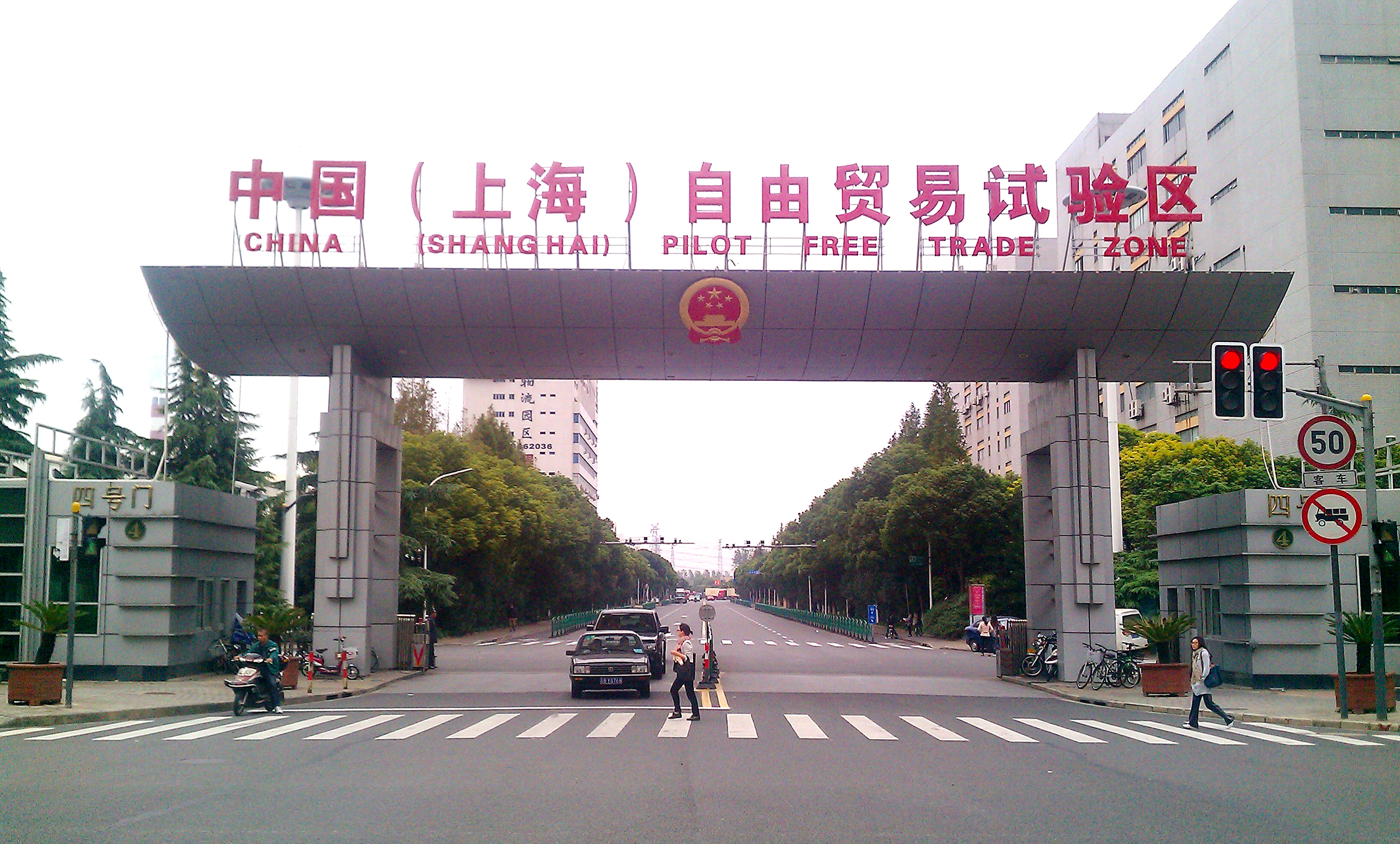SFTZ will open new area

There will be a new area in the Shanghai Pilot Free Trade Zone. Photo: BAIDU ENCYCLOPEDIA
SHANGHAI-On Dec. 22, the 6th China Pilot Free Trade Zone Forum was held in Shanghai summarizing the reform and innovation achievements of the Shanghai Pilot Free Trade Zone (SFTZ) over the past five years.
Li Zhaojie, vice chairman of the Shanghai Free Trade Zone Administration and deputy director of the Shanghai Free Trade Zone Authority, said that the SFTZ has made institutional innovations in the four areas of investment, trade, finance and supervision, which are consistent with international rules and have helped establish an investment management system centering around the negative list. These innovations have made great contributions to building the SFTZ into an international high-standard free trade park with free investment and trade, open and transparent rules, fair and efficient supervision, and a convenient business environment by 2020.
The decision to open a new area in the SFTZ demonstrates China’s determination not only to promote its high-level openness but also to expand the opening up in the SFTZ. Zhou Zhenhua, director of the Shanghai Global Urban Research Institute, said that the new area of the SFTZ will be a new haven for reform and opening up in the new era. It means a new starting point and a new stage of development, carrying the task of advancing current economic development.
Wang Xinkui, president of the Collaborative Innovation Center of the China Pilot Free Trade Zone, said that the new added area will create new growth poles for Shanghai and further optimize the spatial layout of Shanghai’s urban development. It will endow Shanghai with more advantages in terms of openness while increasing Shanghai’s international influence and competitiveness in global resource allocation. It will also expand the strategic space for Shanghai’s institutional innovation.
Zhao Xiaolei, dean of the School of Shanghai Development at Shanghai University of Finance and Economics (SUFE) and dean of the Institute of Free Trade Zones at SUFE, said that in order to deepen reforms and expand the opening up of China’s FTZ, we must plan scientifically and carry out targeted policies that are in line with international standards and the benchmarks of the World Bank. At the same time, we must act in accordance with Chinese characteristics to create a more favorable business environment when promoting institutional innovation.
Jiang Chuanhai, president of SUFE, said that the Collaborative Innovation Center of the China Pilot Free Trade Zone has achieved significant results in many respects. For example, it has completed the design of the reform framework for the FTZ in Shanghai and other areas and studied the upgraded version of the FTZ. Furthermore, it has extensively participated in China’s FTZ legislation and relevant decision-making consultations.
(edited by SU XUAN)
